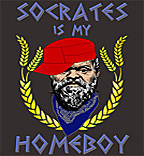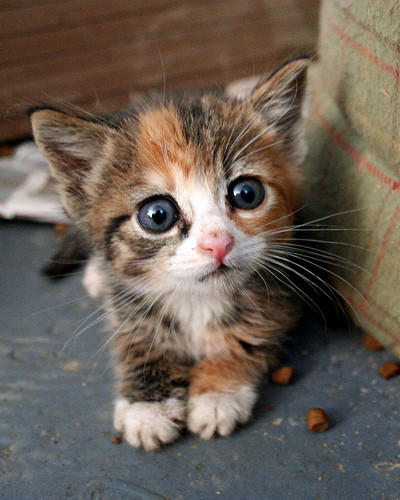Divergent Thinking
“Is the pious loved by the gods because it is pious, or is it pious because it is loved by the gods?” Socrates asked Euthyphro. Asking questions can help one to discover things and answers they thought they already knew. Socrates goal was not to anger or confuse Euthyphro, but to provoke critical thinking. Socrates did not know everything, but he is so legendary because of the self- discovery he helped to ensue with his constant, and seemingly circular, questioning. The brilliance of his Socratic method is that he provoked people to question their intuitive beliefs. For example, maybe a person grows up with their parents telling them what to believe and what is right and what is wrong. Well, by Socratic method, if someone was to ask them why what they believe is true and why their right is right and why their wrong is wrong, it can help this person to discover why exactly they believe what they do and why it is true. Or, it could help this person to realize that there really is no truth behind their beliefs and that would lead them to a whole new level of self searching and discovery. Either way, no matter how difficult it is to find the answers for these questions, it helps the questioned to think critically and discover new stronger truths- whether they like it or not.
Much like Sir Ken Robinson’s speech on education paradigms, the Socratic method encourages divergent thinking. Divergent thinking is not necessarily creative thinking, but it is the ability to think in different ways- not just how differently one thinks. Socrates’ aim was to get people to think about different possibilities and the fact that there may be another answer or another truth out there other than their believed truth. Sir Ken Robinson touched on how we need to re- evaluate our education systems in order to help encourage this divergent thinking and veer away from the education assembly line our country has become over the years. Instead of doling out pills to every kid who’s mind wanders in class because the system has become so systematic and unoriginal, we need to invoke divergent thinking and passion for learning by changing the system and everything that comes with it. Our educational system was founded during the Enlightenment period, but over the years it has since become industrialized, impersonal, and far too standardized. Students must take standardized tests and are judged then on those scores. Well what if that student does not do well on multiple- choice tests? What if that student is better at telling you the answers or writing essays? The standardized test is not going to allow them to show how much they do know if that is not the best way they learn and answer. Also, in the classroom, the teaching has become standardized as well. Teachers at public schools just do what the state requires of them and they focus on just making sure the kids will do well on a stupid standardized test. They are not nurturing the kids or inspiring them to think outside the box. This is where our nation suffers, because without passion for learning or creative thinking, we are not going to do anything different or ground- breaking. We need to go back to our roots at the start of the Enlightenment, and look at what really matters in an education system. At the core of the enlightenment was critical questioning of traditional institutions and customs. Doesn’t that sound similar to Socrates’ Socratic method?
History can be used in many different ways to help us learn from the past and do better in the future. We know what mistakes not to make, we know what things work and don’t work, and we know how to improve things by what we have done in the past. I know that for me personally, I take into account my past experiences when I am making a decision or doing something important. I know what behaviors and actions will be detrimental to my life and what will be beneficial to me because I have made those mistakes in the past. The best part of making mistakes is that you take them and learn from them and do not have to make that same mistake ever again since you know better now. In that sense, it sounds like a valuable asset to a person, or a country, or a world.
History is a great tool we have to use and learn from, and our education systems should look back on how we started with critical thinking, and re-evaluate their systems.



Comments
Post a Comment